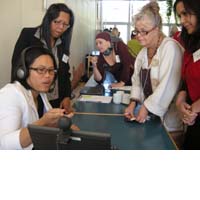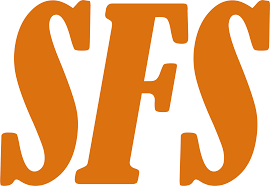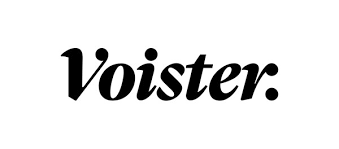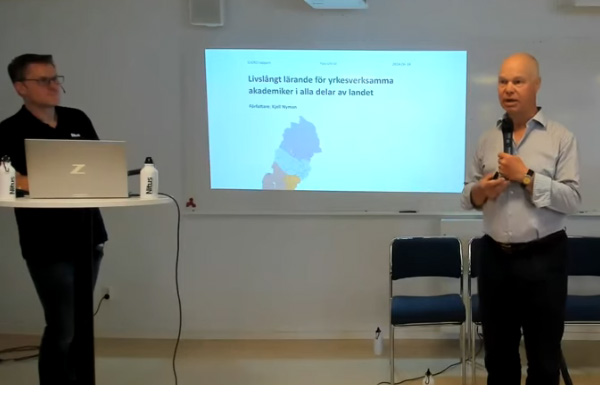EDEN Webinar idag Måndag 6 April, 2020, 17:00 CET med SVERDs V Ordförande Ebba Ossiannilsson. Läs mer här
When education moves home: implications for students, academics, administrators, and education leaders
With the escalation of Covid-19, educators around the world are encouraged to move to online and distance learning as schools and universities are forced to physically close campuses (buildings). Most governments around the world have temporarily closed educational institutions in order to contain the spread of the COVID -19 pandemic. UNESCO estimates that more than 850 million children and young people – about 80% of the global student population – have had to stay away from schools and universities due to pandemic COVID 19. Nationwide closures are in effect in some 110 countries and local closures in many others. This means more than doubling the number of students prevented from attending educational institutions, and a further increase is expected during this Covid 19 pandemic.
From one day to the next, teachers around the world have found themselves managing virtual classrooms, communicating with their students over social media platforms and learning by doing as they provide education from a distance to over 1.5 billion students affected by school closures due to the Covid-19 pandemic. So when education moves home, what are the implications for students, academics, administrators, and education leaders






